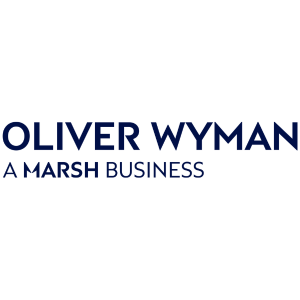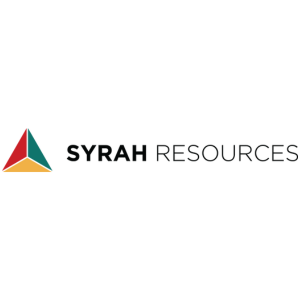An exclusive interview with Daniel Litvin
|
Ahead of Mining Indaba 2023, we spoke to Daniel Litvin who is a partner and senior advisor to the executive committee at ERM to discuss ESG and its importance in the mining industry. |
 |
Why do you think ESG is so important in the industry?
The mining industry has been practising ESG for decades, at least in some form, and well before the term ‘ESG’ became fashionable. Good community relations, responsible environment management, delivering broad-based economic development – these factors have always been critical to developing successful mining projects. The industry has learnt the huge commercial and reputational costs of mistakes in this area. There is still a lot of progress to made, for example on climate change and social performance. But ESG is in some ways just a new label for a historic challenge for the industry, and there have always been good and bad performers in this area.
How can the industry navigate the ESG agenda?
A deep challenge for the industry is finding some way to respond to an agenda driven largely by investors, and what they assume to be the important issues, while the reality on the ground is often more complex and difficult to manage. Local stakeholder needs and demands are not always what ESG specialists in say, London or New York, assume them to be. Put another way, a company can tick a lot of ‘ESG’ boxes, but still fail to build a strong local ‘license to operate’. The ESG agenda is undoubtedly important. It brings greater definition to responsible behaviour, particularly for international stakeholders. But it is not a substitute for patient relationship building and building integrity in the eyes of communities and host countries.
What do you think the industry’s focus should be when it comes to ESG?
The industry needs to try to take more leadership of the global debate around ESG. A big risk is that growing swathes of investors simply avoid mining due to its poor perceived ESG performance. Certainly the industry needs to continue to improve its performance in this area. But the problem is also that many ESG methodologies used by investors fail to capture the critical potential benefits for society generated by mining. Mining clearly produces materials essential to modern life – and now to the energy transition. It also provides essential economic uplift to remote regions and poorer parts of the world. ESG investors need to develop a more holistic view of mining – not to let it off the hook, but to recognise and help maximise the economic benefits that, done well, it can bring.
How can events such as Mining Indaba help in making change in this area?
Events such as Mining Indaba can help build a critical mass in favour of change and progress. By bringing together different groups – governments, companies, unions, civil society, etc – and facilitating dialogue between them, new opportunities for collaboration can be spotted and developed, in place of conflict and stalemate. There are deals to be done, not just on the commercial side.
Mining Indaba is the world's largest mining investment event. Find out who you could be meet by downloading the companies attending list here.
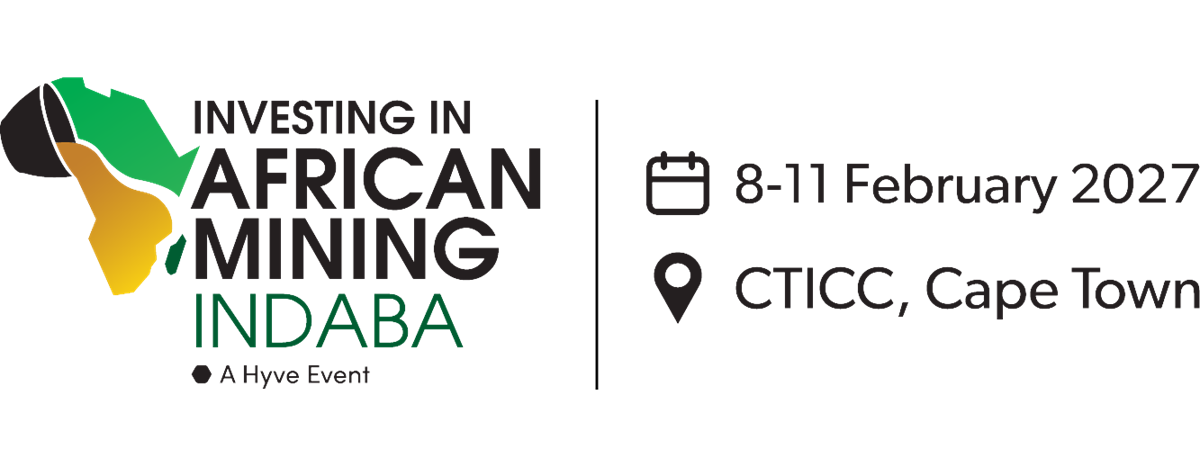
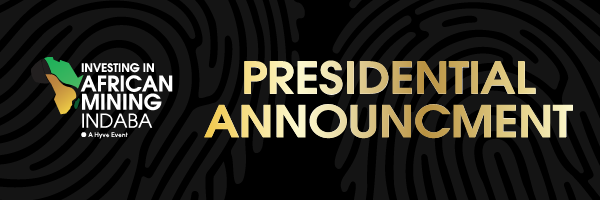

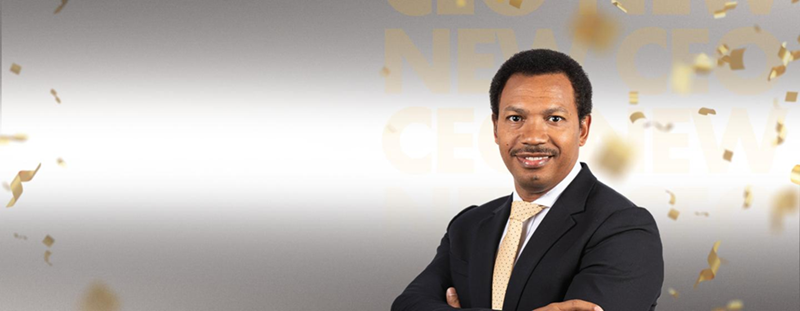
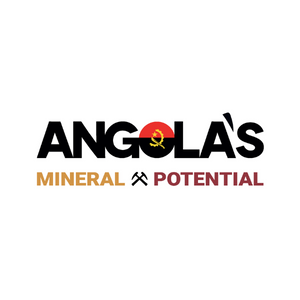
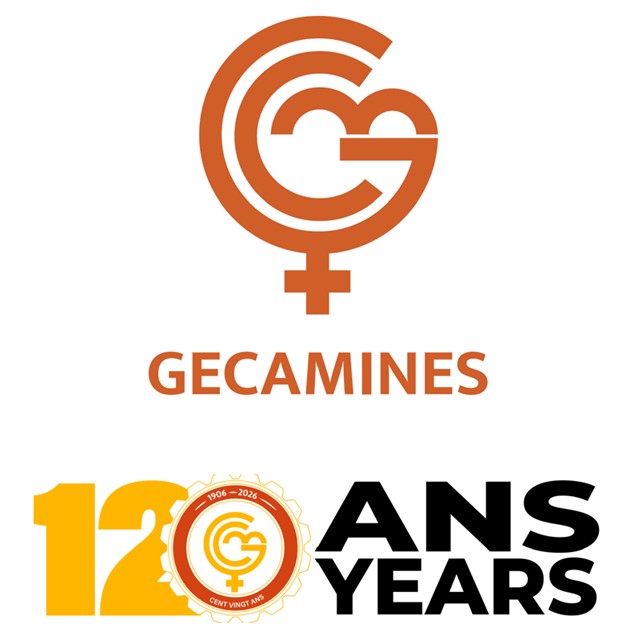
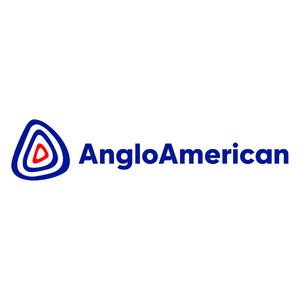

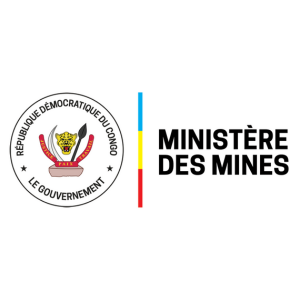
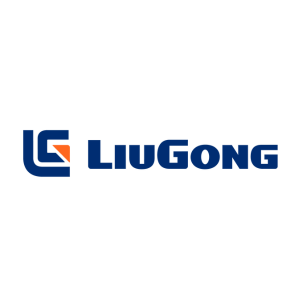


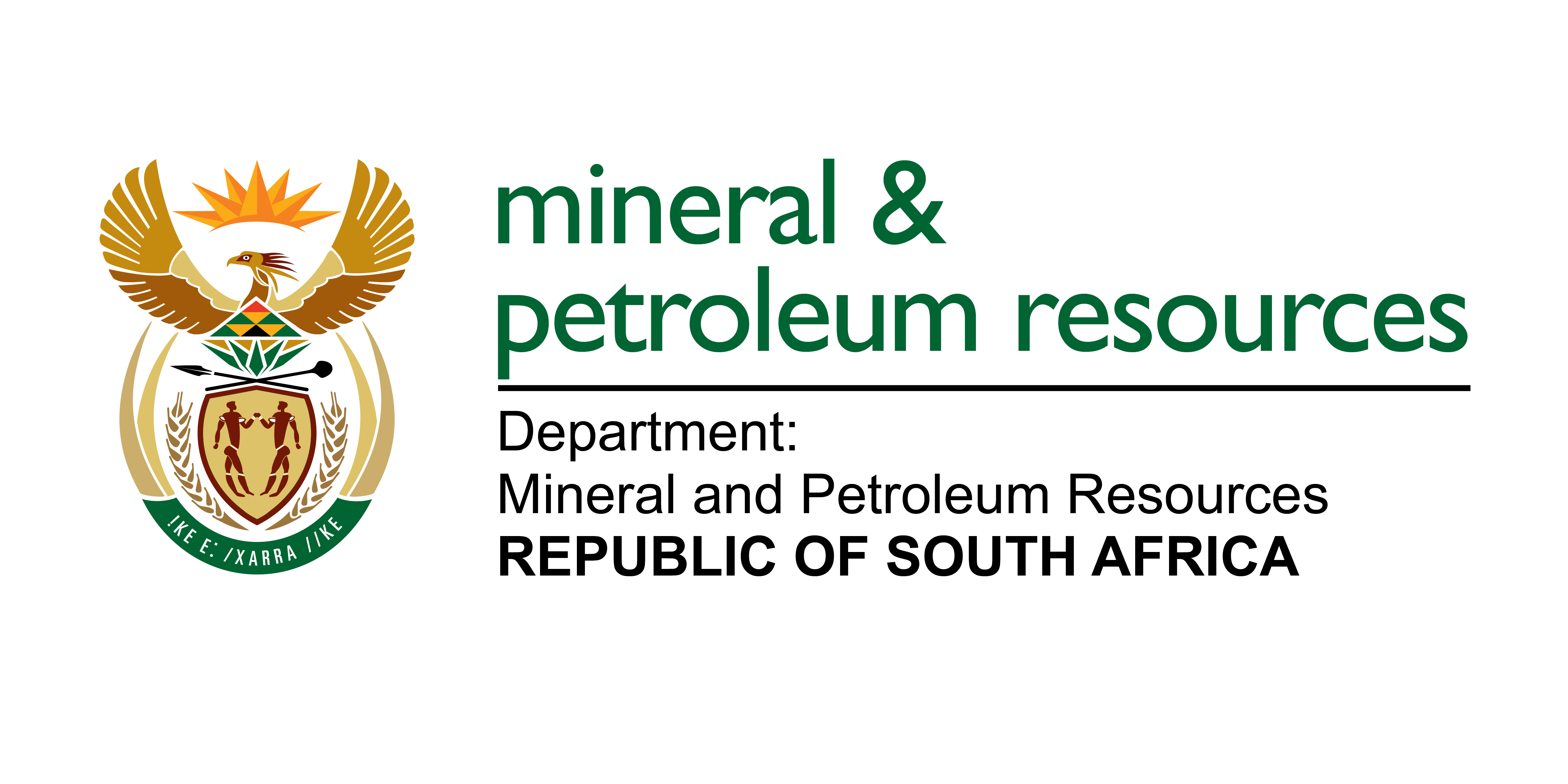-Logo_CMYK_1.jpg?width=1000&height=500&ext=.jpg)
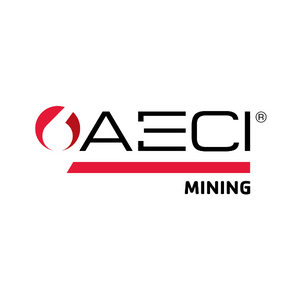



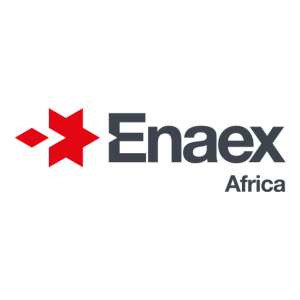
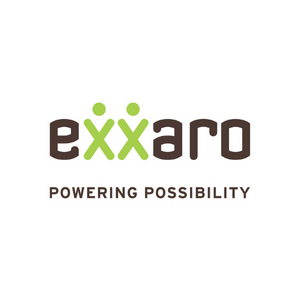

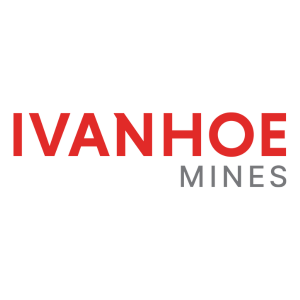
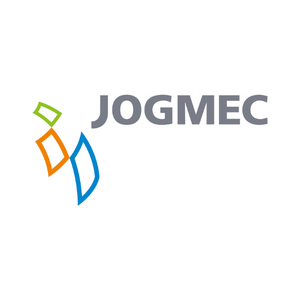

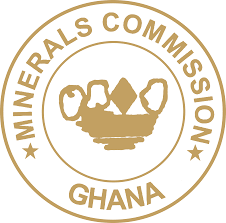
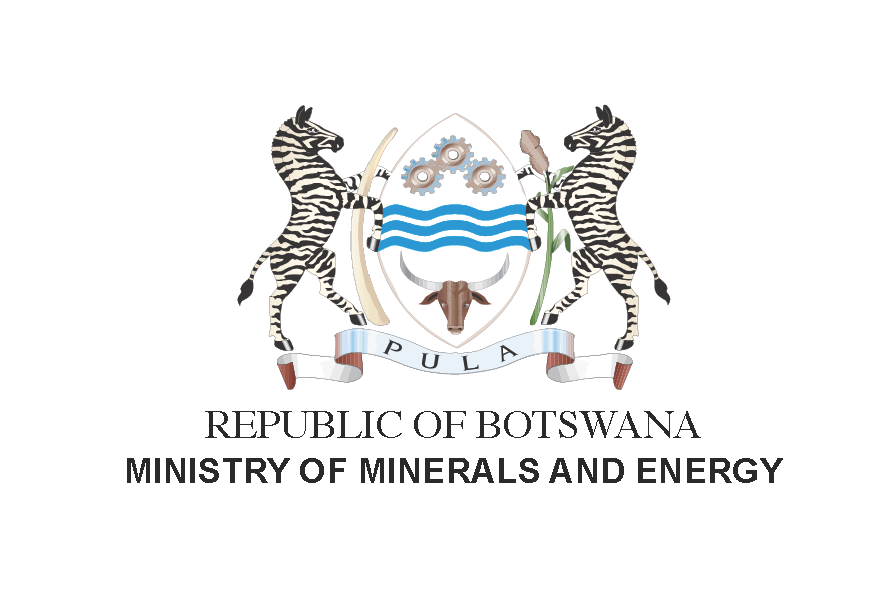.png?width=300&height=208&ext=.png)
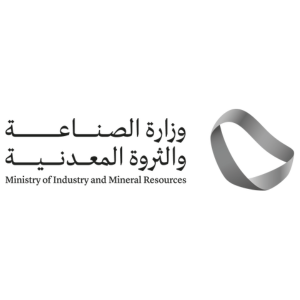
_mi25-weblogo.png?ext=.png)
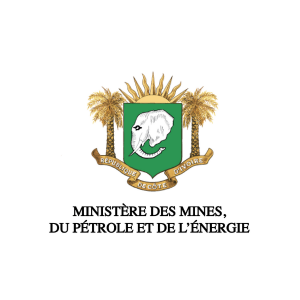
_1.png?ext=.png)


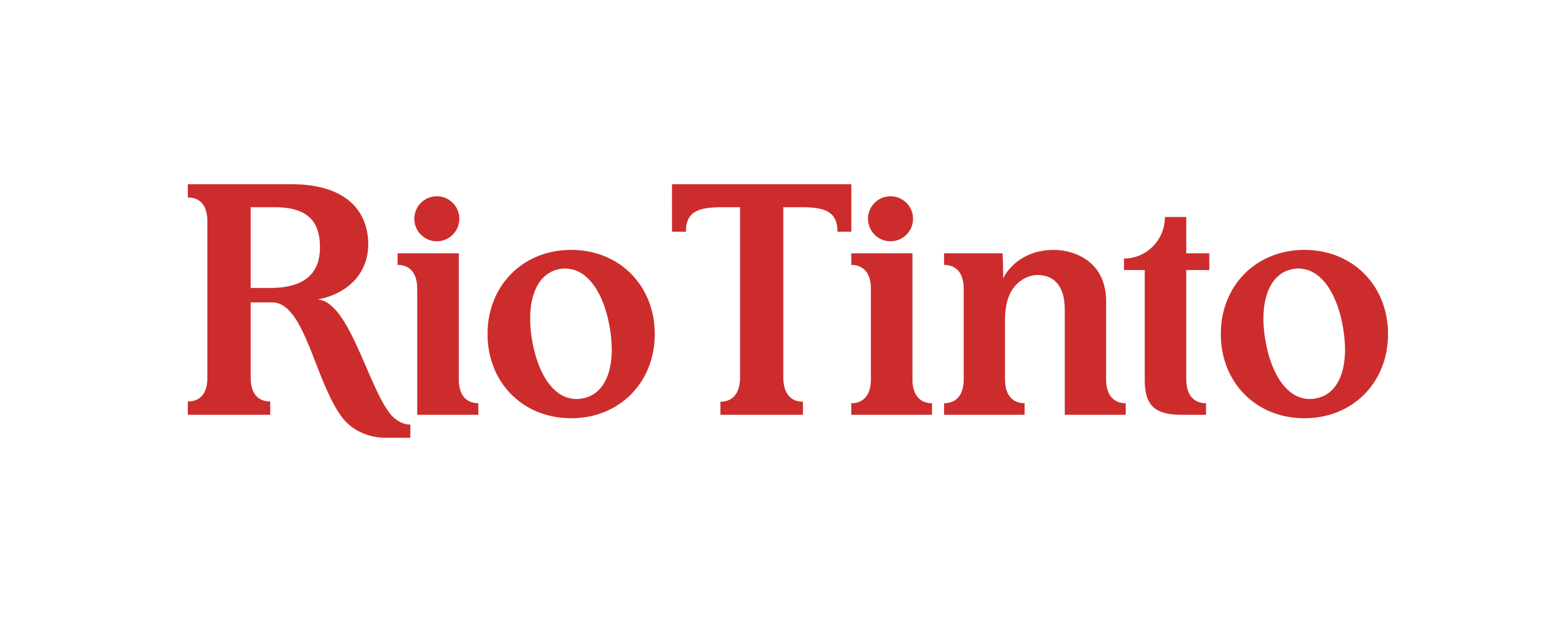


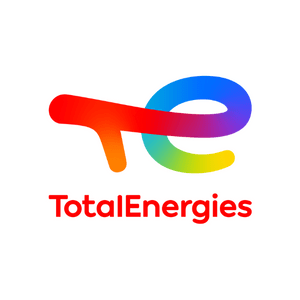
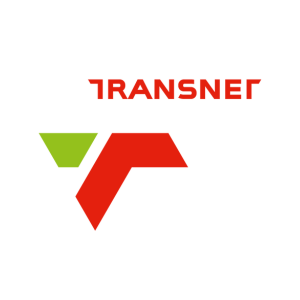



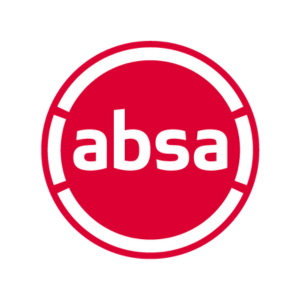

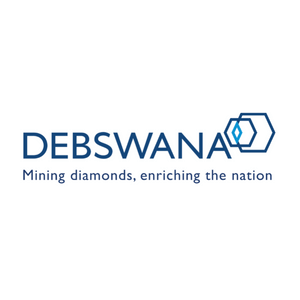



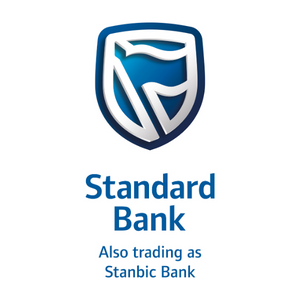


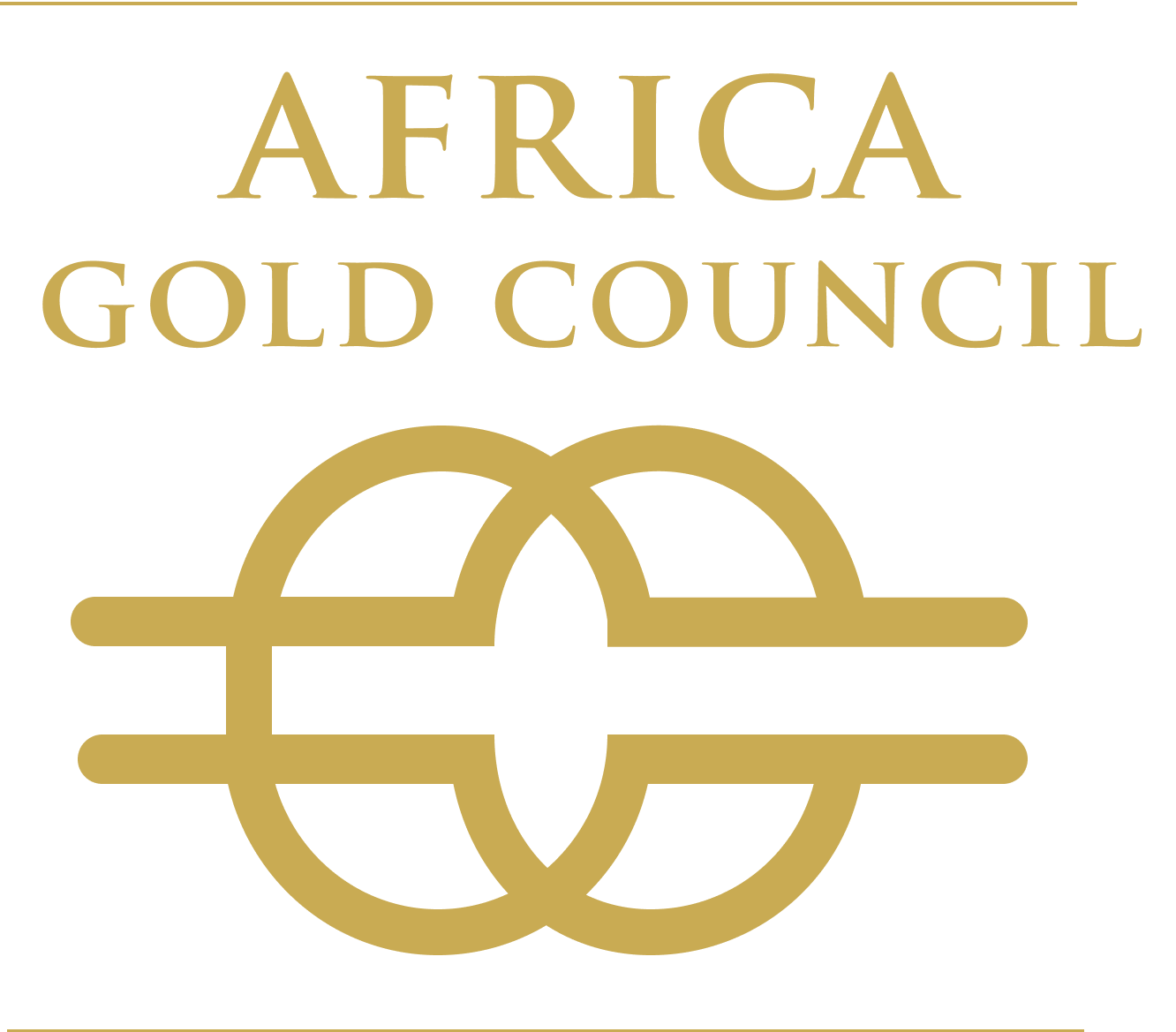
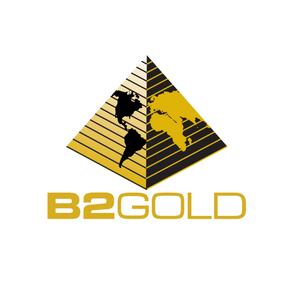
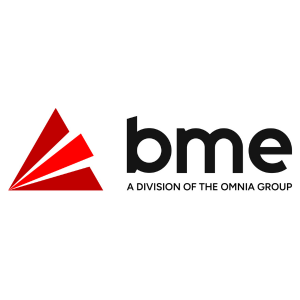


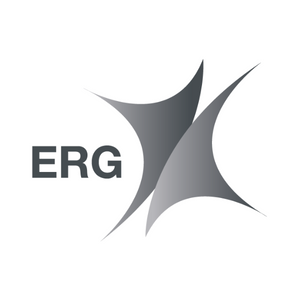





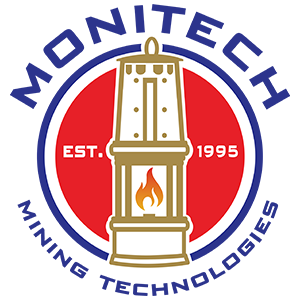


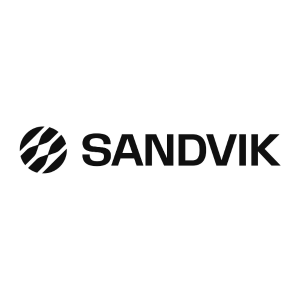

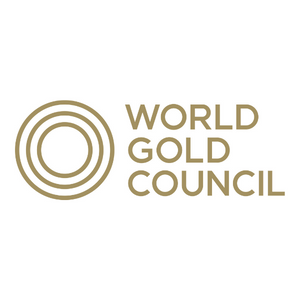
_logo.png?ext=.png)

_mi25-weblogo.png?ext=.png)

